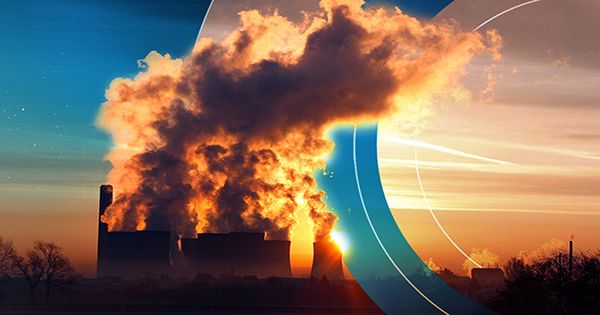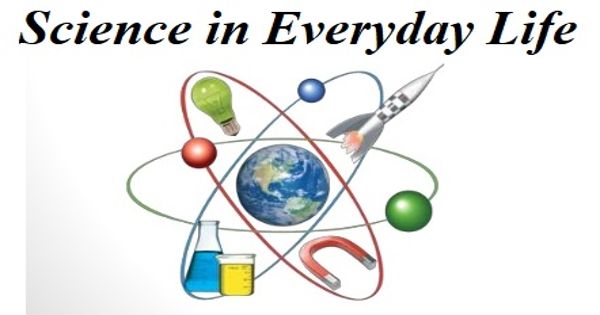Reducing greenhouse gas emissions will not only save lives in the end, but it will also save money. In only a few years, its advantages will be quantifiable. Researchers believe that if the Paris Agreement’s aim of reducing global warming to 2°C (3.6°F) by the end of the century met, the number of premature deaths from air pollution in the United States may decreased by 40% in only a decade. Over a hundred thousand lives have been spared.
The 2°C objective does not even the most ambitious of the Paris Agreement’s goals; ideally, it should be 1.5°C, but the benefits have been demonstrated to be significant. According to a new study published in the Proceedings of the National Academy of Sciences, if the 2°C goal met, 4.5 million premature deaths, 1.4 million fewer hospitalizations, and emergency room visits, and 300 million fewer lost workdays due to heat exposure or pollution-related respiratory illnesses could avoided in the United States over the next 50 years.
It would avert the loss of 440 million tons of crops. According to the analysis, even if simply the United States decreased emissions to fulfill that target, it would still yield roughly two-thirds of the benefits. “Even in the first decade, these advantages surpass the costs of transitioning to a totally net-zero carbon economy,” main author Professor Drew Shindell of Duke University said in a statement.
The forecasts are based on a NASA Goddard Institute for Space Studies climate model that simulated air pollution and heat exposure under several warming scenarios. They are also based on simulated global demographic and economic developments including population increase and urbanization. Climate change is putting people’s lives in jeopardy all across the world, and it has already claimed too many lives, from extreme weather to air pollution. The Paris Agreement has been in effect since 2016, but current data shows that none of the world’s top greenhouse gas emitters are on track to reach the agreement’s objectives.
One of the reasons this has not occurred yet, according to Shindell, is because governments all around the globe believe it would be too costly in the near term. Many leaders in positions of power are remaining complacent, deferring difficult decisions to their successors, whether under pressure from lobbyists or confronting public opinion in approaching elections.
While the climatic advantages will take time to manifest, the health gains will manifest in a couple of years, which should be enough of an incentive for people in positions of authority.
“Changing your economy to renewable energy and your automobiles to electric vehicles—all of these things—require a significant financial investment. It will save you money in the long run by decreasing the devastating impacts of climate change, but it will not provide you with climate advantages that will pay for the expense in the short term since the climate is sluggish and does not respond quickly enough “Shindell said.
“Cleaner air, on the other hand, provides immediate advantages. Consider how much better the air quality was after just a few months of lower emissions during the COVID lockdowns.”
















